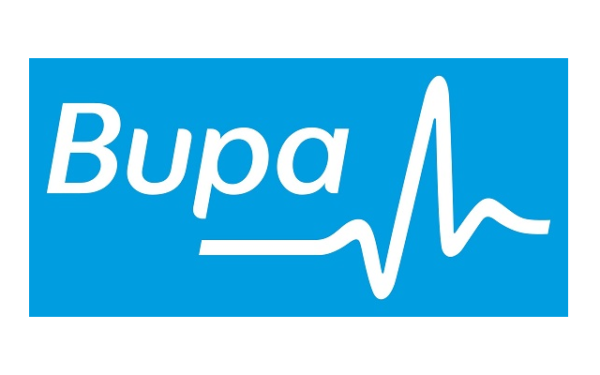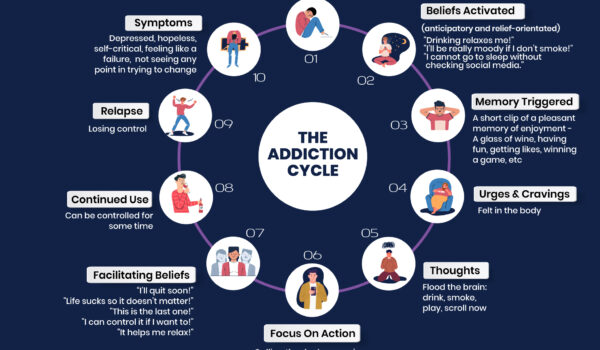Sometimes life can feel overwhelming, and not seeing a solution may lead to thoughts of suicide. There are many reasons why these types of thoughts appear. Having constant intrusive thoughts of suicide requires attention – there is a reason for this, and you should seek professional advice.
Latest NewsOur Top 5 Tips on Managing Panic Attacks

The impact of a panic attack can range from an anxiety driven thought process, resulting in a low impact on your physical and mental health, to quite severe and prohibitive panic attacks, which can be very debilitating to your day to day life. What is important to note, is that panic attacks are not harmful.
If you or someone you know has experienced a panic attack or are experiencing panic attacks frequently, here are our top five tips to help you manage your response:

- Remember that everybody is prone to panic attacks – it is normal, however there is usually a deeper reason for why you’re experiencing them
- During the onset of a panic attack you may experience some unfamiliar sensations in your body. The experience you are feeling is normal and often referred to as an adrenaline response; you likely experience that same fight or flight feeling when taking part in a school race, when you are about to take a test/exam, or going for an interview.
- When experiencing a panic attack, or if you feel one coming on and feel dizzy, it is important that in that moment that you try to focus on controlling your breathing. Learning how to control your breathing is a valuable skill in helping you manage and reduce the impact of panic attacks when they occur.
Typical signs of an onset of a panic attack are:
-
-
- Finding it difficult to catch your breath, or feeling as though your chest is tightening,
- Sweating and trembling
- In extreme cases, you may even start to feel a little lightheaded with blurred vision. In such circumstances, it’s important that you learn how to control your breathing and where possible learning to use positive coping statements.
- Understanding how your body reacts when you are having a panic attack is empowering and allows you to be more in control with your response. Often people misinterpret their body’s reaction to a panic attack, thinking they are having a heart attack which subsequently increases their levels of anxiety and stress. The key to controlling your reaction to a panic attack is understanding how it feels when it’s encroaching, knowing your triggers, and controlling your breathing in order to help calm yourself down.
-
- Having a coping mechanism can help you focus in order to shorten the length of the panic attack and ultimately help you to regain control. An example of a coping mechanism would be to imagine a rectangular shape whilst breathing.
-
- Count to 4 when breathing in
- Then count to 3 whilst holding your breath
- Count to 4 when breathing out
- Then count to 3 again when holding your breath
-
Whilst you continue this cycle until you feel more in control again, make sure to carry on with your day. It may also be useful to keep a diary of what happens every time you experience a panic attack, which could help you to identify any patterns in what your triggers may be.
If you experience recurrent to severe panic attacks, our trained therapists can help you to understand your triggers and identify the early signs of an attack onset, book a consultation today to begin your journey.
Sign up below to hear more from us!
How we can help you Related News & Advice
Not sure what you’re looking for?
Arrange a chat with our specialist team
Awards, Accreditations & Partners
Our therapists are accredited with the following UK and EU boards:
We are also able to accept clients who are insured by AXA, WPA and BUPA
*Please enquire for all other insurance companies*








